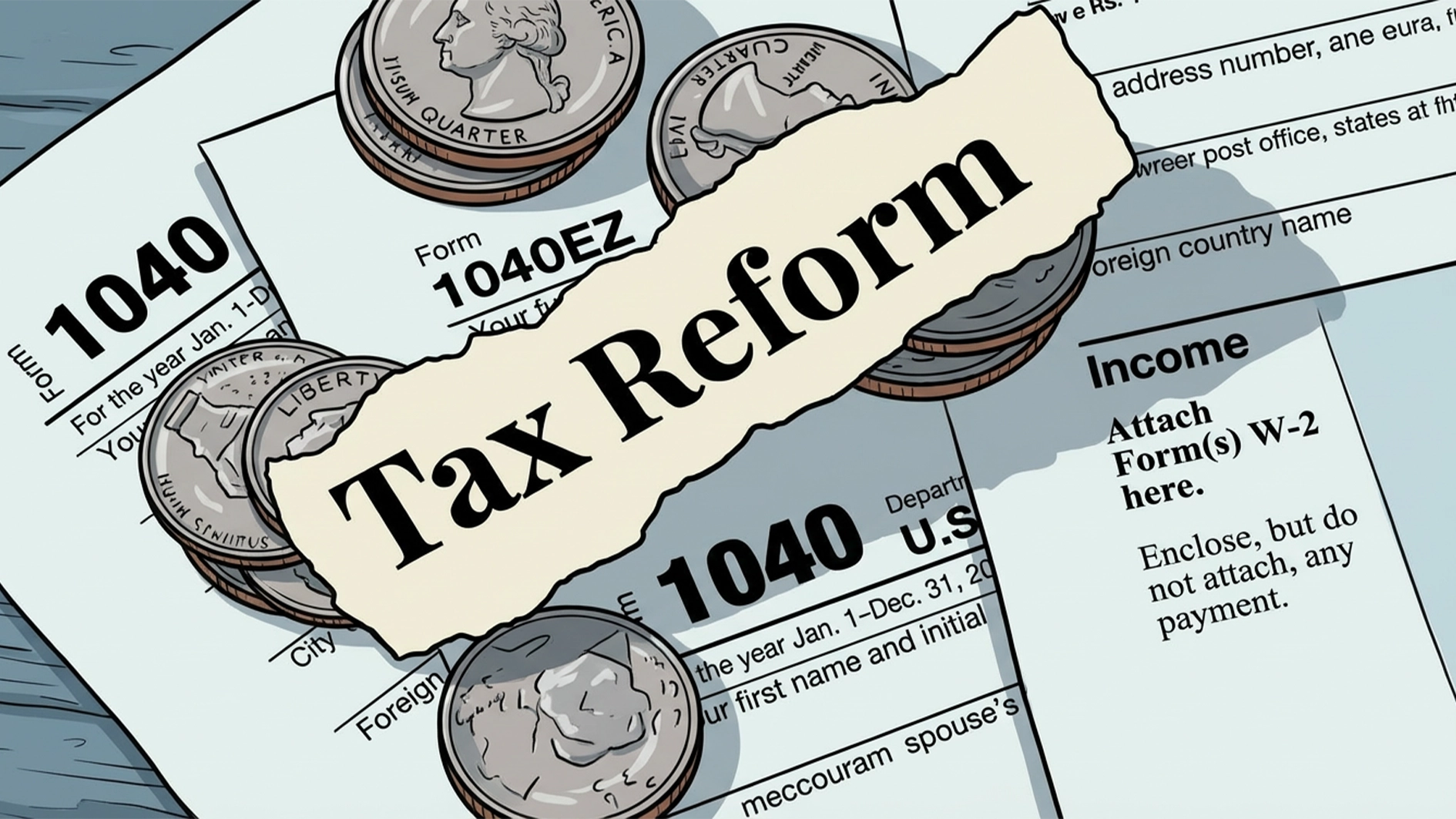
An economist, Biodun Adedipe, has projected that the nation’s economy will achieve 3.27 to 3.32 per cent Gross Domestic Product (GDP) growth in 2023, leveraging large youthful population, growing urbanisation and deepening Internet penetration.
Adedipe, while addressing participants at the Nigerian-British Chamber of Commerce (NBCC) 2023 Real Estate Outlook held in Lagos at the weekend, said despite the nation’s rising macroeconomic distortions, the second half of the year (H2) is likely to witness robust activities considering the content of the manifestos of the three major presidential candidates.
Indeed, the nation’s economy had witnessed sluggish economic growth due to the fall in oil price and other macro economic challenges.
The collapse of global oil prices during 2014 to 16, combined with lower domestic oil production, led to a sudden slowdown in economic activity. Nigeria’s yearly real GDP growth rate, which averaged seven per cent from 2000 to 2014, fell to 2.7 per cent in 2015 and to -1.6 per cent in 2016.
Growth rebounded to 0.8 per cent in 2017, 1.9 per cent in 2018, and then plateaued at two percent in the first half and 2.27 per cent in the year.
In 2020, the yearly growth rate of real GDP was estimated at –1.92%, a decline of –4.20 per cent points when compared to the 2.27% recorded in 2019.
In the same vein, the yearly GDP growth rate in 2022 stood at 3.10 per cent, from the 3.40 per cent reported in 2021.
But the economist insisted that the three contenders have manifestos that are pro-business, an indication that the policies would create a more conducive environment and propel increased business activities in H2.
Adedipe, who is also the Founder and Chief Consultant, B. Adedipe and Associates Limited said: “We are also foreseeing a situation where the cabinet is likely to come in place earlier than what we had in 2015. Again, with a large youthful growing population, rapid urbanisation and increased Internet penetration put together, the outlook for 2023 is positive.
“If you check between January to September 2022, our economy grew on average by 2.97 per cent. Historically, our economy had always grown fastest in the fourth quarter. If you put it side by side with the first three quarters of the year, that is what led to the 3.1 per cent for 2022.”
Furthermore, he pushed for the promotion of activities in the non-oil sector to increase Nigeria’s export both in terms of capacity and volumes.
Adedipe also stressed the need to boost diversification of Nigeria’s export earnings from oil, noting that boosting local production and strengthening non-oil export could address most of the nation’s economic challenges.
Senior Partner and Chief Executive Officer of Knight Frank Nigeria, Frank Okosun said the removal of fuel subsidy in H1 would definitely cause inflation and reduce economic welfare.
“We expect to see hard decisions of fuel subsidy removal, it will cause a lot in the market. Inflation may go up again because the CBN is doing a lot to worsen the situation, they are going to tighten a lot so we have to be very careful,” he said.






